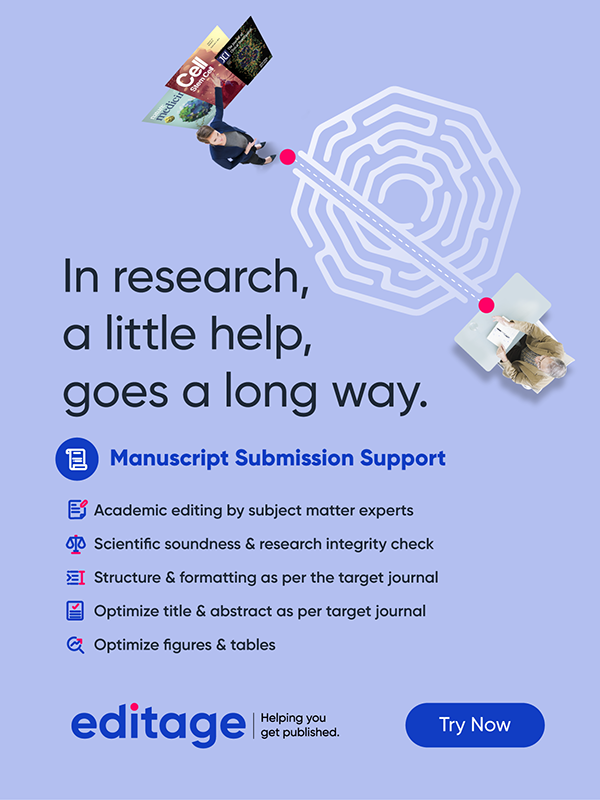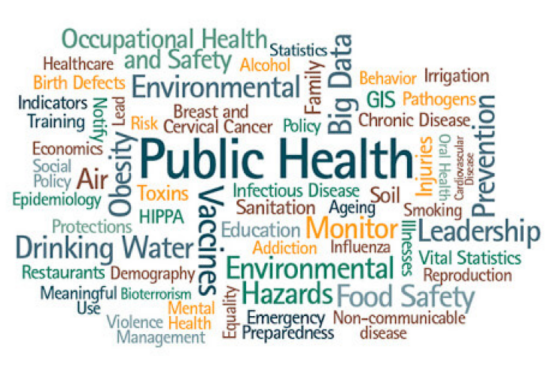
|
Getting your Trinity Audio player ready...
|
Effective writing is an art that demands attention to detail and precision. In the writing process, two crucial stages play a pivotal role in ensuring your work is error-free and polished: editing and proofreading. While these terms are often used interchangeably, they serve distinct purposes. While editing techniques aim to enhance the readability of your text, proofreading involves surface-level checks such as elimination of grammatical, punctuation, and spelling errors to ensure precision.
It is important to understand the difference between editing and proofreading to improve the quality of your writing.
Editing: Definition and Meaning
Editing is the first step in refining your written content. It entails an in-depth examination of the content and may also involve utilizing subject-specific expertise to clarify text and verify the accuracy of facts.
Editors ensure that the intended meaning and ideas are effectively communicated to the target audience. While they do address grammar and punctuation errors, their primary focus is on the presentation of the content.
The key aspects of editing include:
- Content and Organization: Editors evaluate the content’s relevance, flow, and logical progression. They may make major changes to sentence structure or word choice and also suggest adding or removing sections to enhance the overall flow.
- Clarity and Conciseness: Editors help ensure that your ideas are expressed clearly and concisely. They may rephrase sentences for clarity and eliminate redundancies.
- Tone and Style: Editors work on the tone and style to match the target audience. They may offer guidance on the use of formal or informal language and jargon.
Proofreading: Definition and Meaning
Proofreading comes after the editing stage and is the final quality check of a document. It involves rectifying language errors at both word level (such as typographical errors and inconsistent terminologies) and at sentence level (such as improper syntax, incorrect modifiers), and other grammatical errors.
Proofreading encompasses:
- Grammar and punctuation checks: Proofreaders meticulously scan the document for errors in grammar, punctuation, and spelling. Errors such as subject-verb agreement and misplaced commas can be fixed at this stage.
- Spelling and typo checks: Proofreaders identify and rectify spelling mistakes and other typographical errors.
- Consistency and format check: Proofreaders ensure consistent formatting and adherence to style guides. This includes consistent capitalization, numbering, and citations.
- Layout: They also review the document’s layout, making sure headings, fonts, and line spacing are consistent and visually appealing.
In Summary: Editing vs Proofreading
Editing |
Proofreading |
|
| 1 | Focuses on content, overall structure of writing | Final stage that scrutinizes the text for mechanical errors |
| 2 | Enhances the language by making changes for clarity, readability, and smooth narration. | Eliminates misspellings, grammatical and punctuation errors, inconsistencies, formatting errors, etc. |
| 3 | Overall quality of writing is improved | Makes already good writing error-free |
| 4 | Need meticulous reading & attention to detail | |
| 5 | Essential for producing high-quality, error-free work | |
In summary, while editing focuses on the content and overall structure of your writing, proofreading is the final stage that scrutinizes the text for mechanical errors. Both require meticulous reading and attention to detail and are essential for producing high-quality, error-free work, and they complement each other perfectly.
Click here to know more about our services: https://www.editage.us/services/research-paper-manuscript-publication-support-services









Leave a Reply